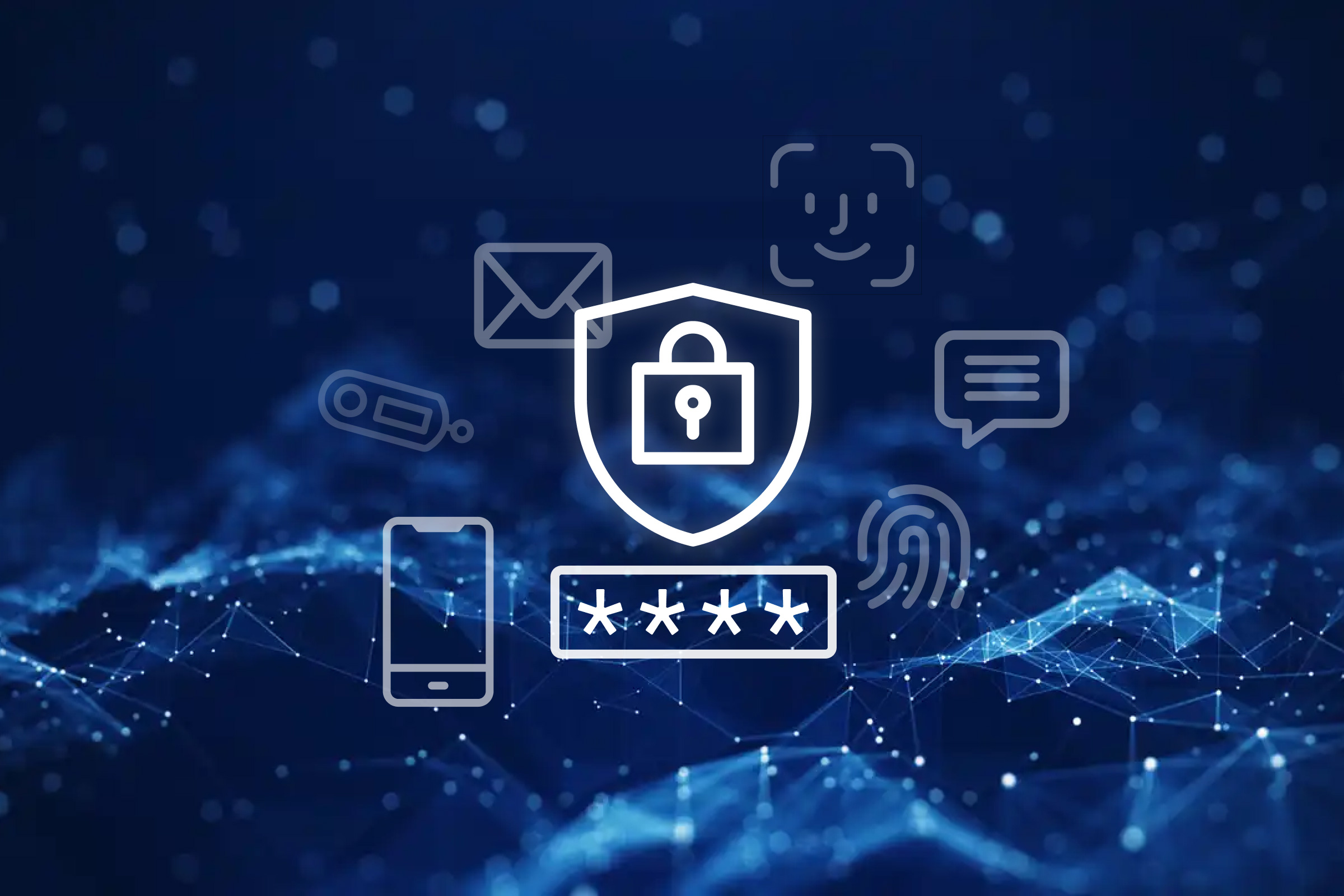
Setting up Multi Factor Authentication
Why Multi-Factor Authentication (MFA) Matters
Let’s get real – passwords alone don’t cut it anymore. Between phishing, reused passwords, and breaches that spill login data onto the dark web, it’s just too easy for attackers to get in.
That’s where multi-factor authentication (MFA) comes in. (Also referred to as 2SV by Google)
Why MFA Is So Important
MFA adds one more check beyond your password – like a temporary code or a phone prompt – to confirm you are the one signing in.
Even if someone steals or guesses your password, they can’t get past that second layer.
In practice, it blocks over a huge percentage of fraudulent login attempts. One extra tap or code, and you’ve shut the door on the most common attack path in the world.
“Wait – if I install an MFA app, does my company get access to my phone?”
Nope. Absolutely not.
When you install an app like Google Authenticator, it does one thing: generate time-based security codes on your phone.
It doesn’t let Ultrex – or anyone else – see your messages, photos, or personal data.
If your phone asks for permission to use the camera, that’s only to scan the QR code during setup.
It never gives the company visibility or control over your device. The app just sits there quietly generating numbers that change every 30 seconds – and that’s it.
Why We Recommend Turning MFA On Everywhere
Think of MFA as seatbelts for your accounts. You may not need it every day, but when something goes wrong – you’ll be glad it’s there.
If you use the same password in more than one place, or if your email address has ever shown up on haveibeenpwned.com, MFA is your best next step.
It’s quick, free, and is a huge leap forward in basic account security.
Step-by-Step Setup Guides
We’ve made it easy to get started – just follow the guide that matches your account:
At Ultrex IT, our goal is simple: make security tools easy enough that people actually use them.
We’ll help you set up MFA, train your team, and make sure everyone understands how it works – no stress, no invasions of privacy, and no nickel-and-diming for “extra” support calls.
